In a shocking new development, the forthcoming Asian Games have been damaged by contention as Indian competitors face visa gives that undermine their cooperation in the esteemed occasion. Chairman of the Olympic Council of Asia (OCA) Ethics Committee, Wei Jizhong, has approached with an amazing case: Chinese specialists didn’t deny visas to Indian athletes; all things considered, it was the Indian competitors who declined the visas given to them. This disclosure has started a warmed discussion and conciliatory strains between the two countries, with India standing firm against what it sees as segregation. In this blog, we will dig further into the unfurling adventure and investigate the different features of this complicated issue.
The Visa Controversy Unveiled
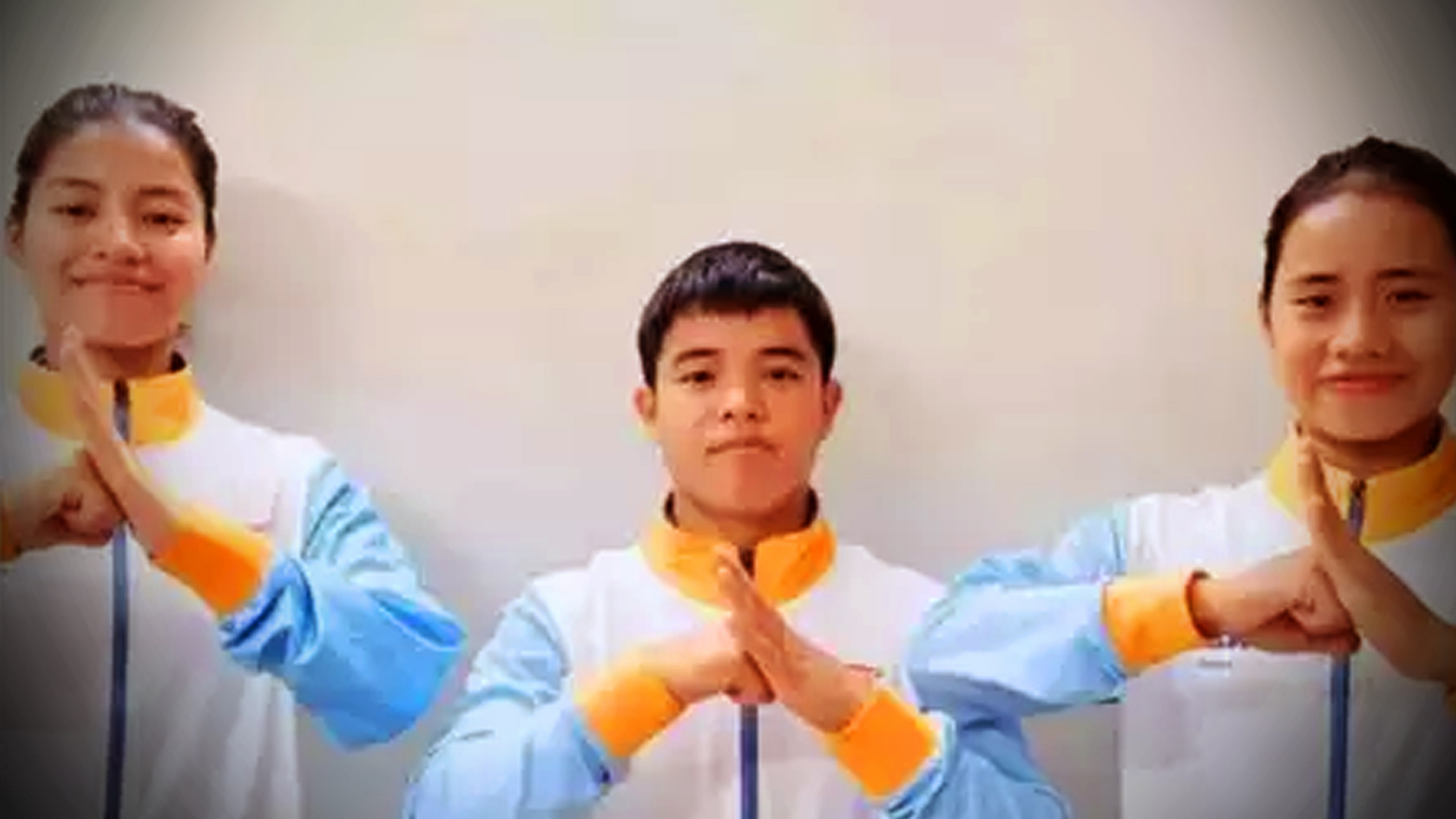
The story started with the stunning refusal of the section to three Indian Wushu players, Nyeman Wangsu, Onilu Tega, and Mepung Lamgu, who were essential for the Indian Wushu group booked to contend in the Asian Games. These competitors hail from the northeastern province of Arunachal Pradesh, a locale that has for some time been a disputed matter between India and China. While India has reliably kept up with its sway over Arunachal Pradesh, China has made cases to the region.
The Chinese authorities’ refusal to permit these three competitors to enter China drummed up some excitement and provoked solid responses from the Indian government. Association Sports Clergyman Anurag Thakur dropped his arranged visit to China as a characteristic of dissent against the treatment dispensed to the Indian competitors. The Ministry of External Affairs quickly denounced the separation, stressing that India passionately dismissed China’s choice to deny authorization to sportspersons from Arunachal Pradesh. The ministry’s assertion likewise raised worries about China’s activities abusing the soul of the Asian Games and the guidelines overseeing the direct of the occasion.
Nonetheless, the contort in the story came when Chairman Wei Jizhong of the OCA Ethics Committee of the OCA Morals Panel discredited the cases of visa forswearing. As indicated by him, these Indian competitors had been allowed visas to enter China, and tolerating them was their decision not. This disclosure has left many pondering the real essence of the discussion and the hidden elements at play.
The Athletes’ Dilemma
To completely comprehend this contention, we should think about the competitors’ point of view. It is entirely expected for competitors to confront hard choices while addressing their nations on the worldwide stage, particularly when international pressures are involved. For the three wushu players from Arunachal Pradesh, the circumstance was without a doubt confounded.
These competitors, right off the bat, hail from a district that has been at the focal point of a regional question among India and China for quite a long time. This debate adds an additional layer of intricacy to their cooperation in global occasions. The competitors might have confronted individual difficulties and tensions connected with their personalities and the continuous political struggle.
Furthermore, tolerating a visa and partaking in an occasion facilitated by a country that questions the sway of your country can be genuinely and politically charged. These competitors might have felt conflicted between chasing after their dreams and offering a political expression by declining to contend in China.
Chairman Wei Jizhong’s affirmation that the competitors declined the visas proposes that they had office in this. Nonetheless, we should likewise think about the power elements at play, as competitors frequently depend on their states for direction and backing in such circumstances. It stays muddled whether the competitors pursued an autonomous choice or were affected by outside factors.
The Diplomatic Fallout
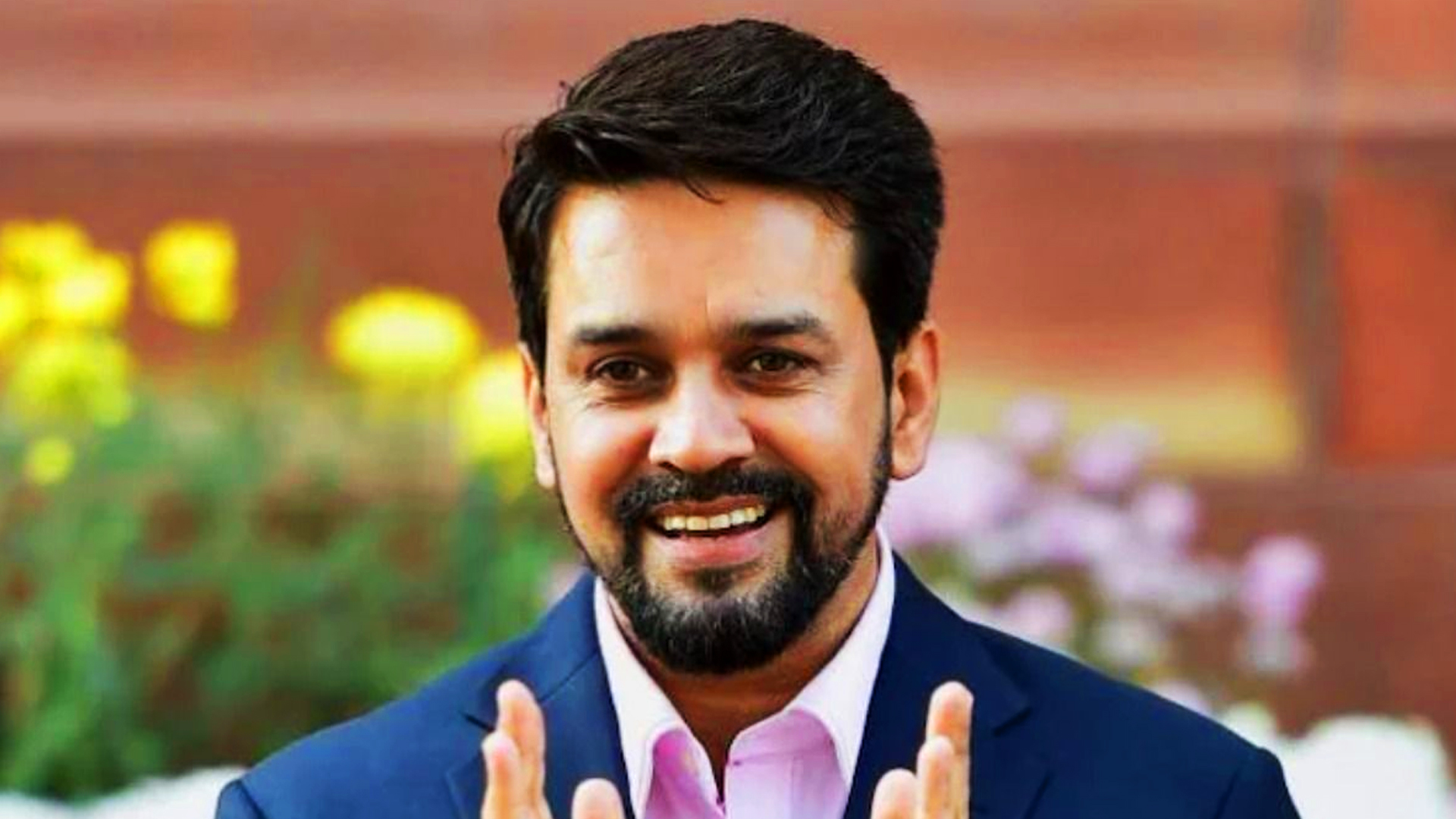
The aftermath of this contention has been quick and huge. India’s choice to drop the Sports Minister’s visit to China sent areas of strength for an of dissent against what it sees as victimization its competitors. The Ministry of External Affairs has taken a firm stand, underscoring that China’s activities disregard the soul of the Asian Games and the rules governing lead of the occasion.
Differential treatment of Indian residents based on home is a combative issue that has raised worries about the fair treatment of competitors in global contests. India’s statement that it maintains whatever authority is needed to go to reasonable lengths to protect its inclinations features the weightiness of the circumstance. Political relations among India and China, which have previously been stressed as of late, face further difficulties because of this occurrence.
China’s Perspective
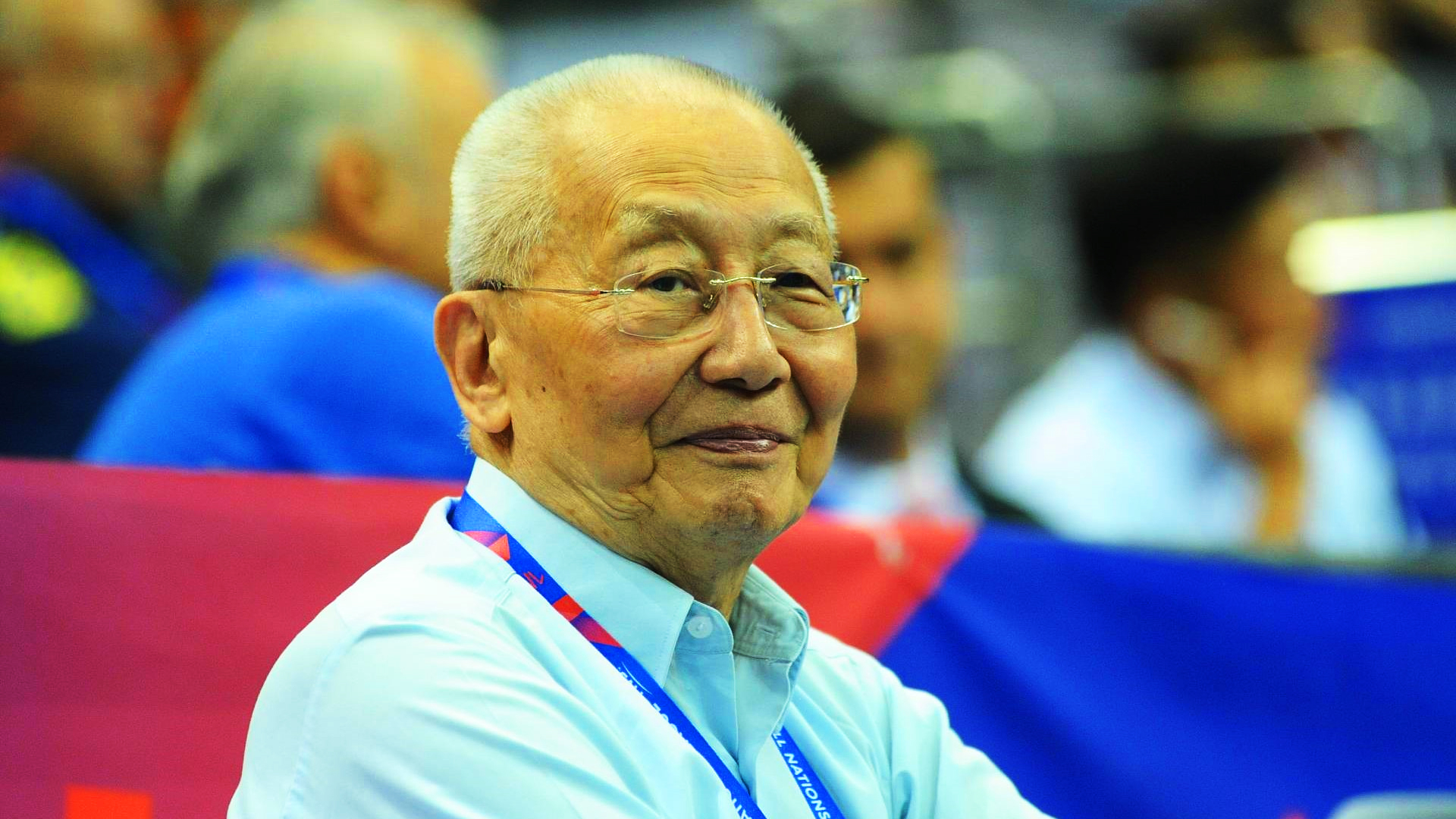
While Chairman Wei Jizhong’s assertion definitely implies that the Indian competitors had the choice to acknowledge the visas and contend in the Asian Games, taking into account China’s viewpoint in this matter is fundamental. China, as the host country, has an obligation to guarantee the smooth and fair lead of the occasion. This incorporates giving visas to qualified competitors and giving them a helpful climate to contend.
Notwithstanding, China’s position on Arunachal Pradesh’s status as a contested domain adds intricacy to the circumstance. According to China’s viewpoint, facilitating competitors from a locale it claims just like own may present political difficulties. It is conceivable that China gave the visas to these competitors while anticipating that they should stick to a specific arrangement of conditions, like not offering any political expressions during the occasion. The refusal of section to these competitors might have been a result of seen resistance with these circumstances.
The Way Forward
As the debate keeps on unfurling, a few inquiries stay unanswered. Were the Indian competitors mindful of the likely results of tolerating the visas? Did they decline the visas as a political explanation, or were there different elements at play? What will this episode mean for India-China relations and the support of Indian competitors in future global occasions facilitated by China?
One thing is clear: this episode features the intricate convergence of sports, legislative issues, and tact. It fills in as an update that competitors frequently wind up trapped in the crossfire of international strains, compelled to settle on hard decisions that can have expansive results.
In the long stretches of time ahead, it is pivotal for the two India and China to take part in open and valuable discourse to determine this issue. The Asian Games, similar to all global games, ought to be a stage for competitors to feature their abilities and advance generosity among countries. It is in light of a legitimate concern for the two nations to guarantee that the soul of sportsmanship wins and that competitors are not unreasonably troubled by political questions.

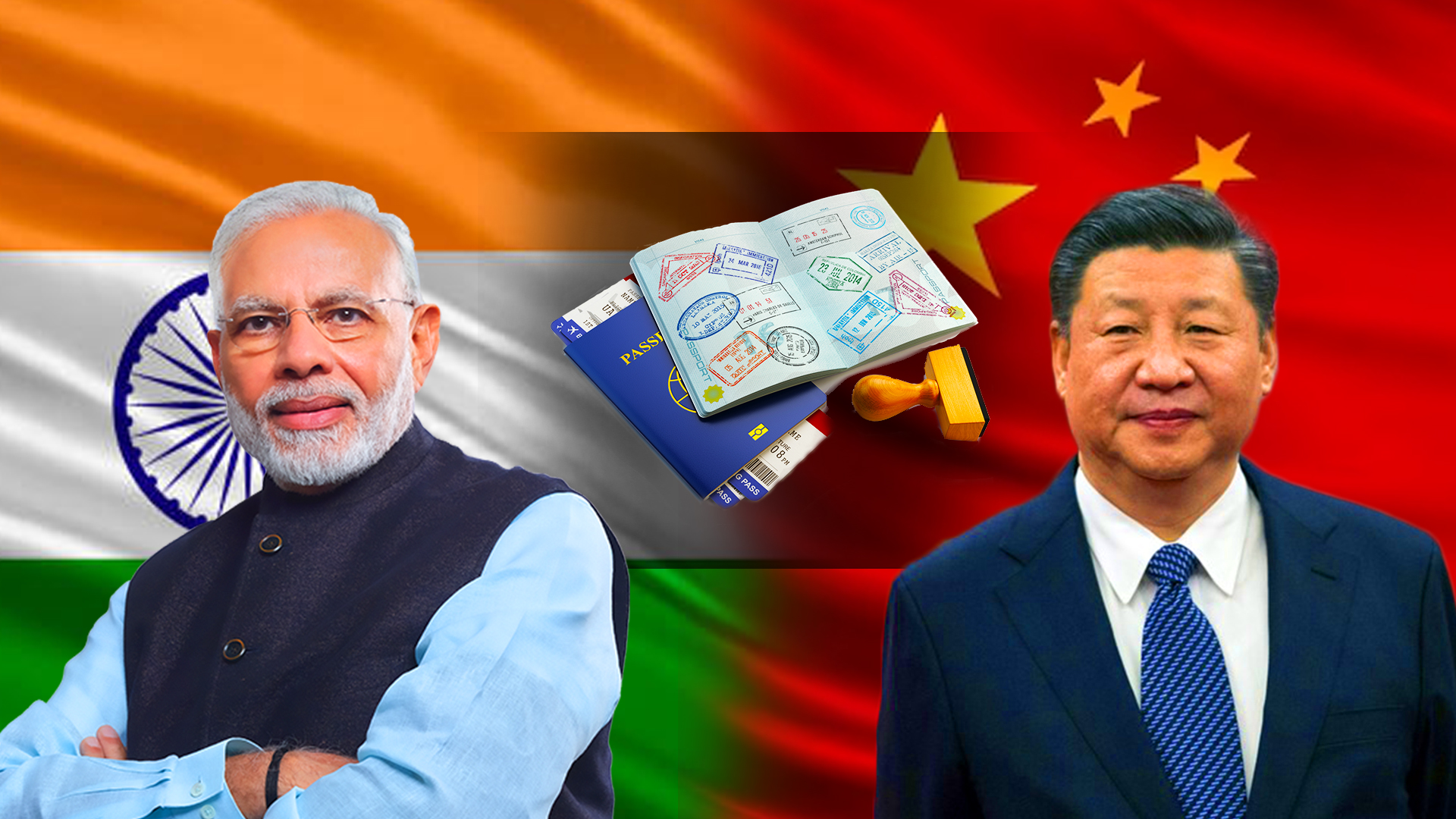





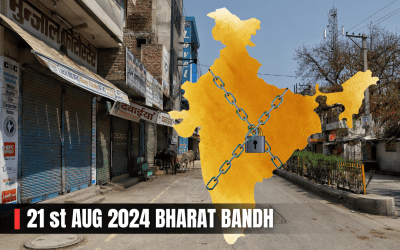
0 Comments